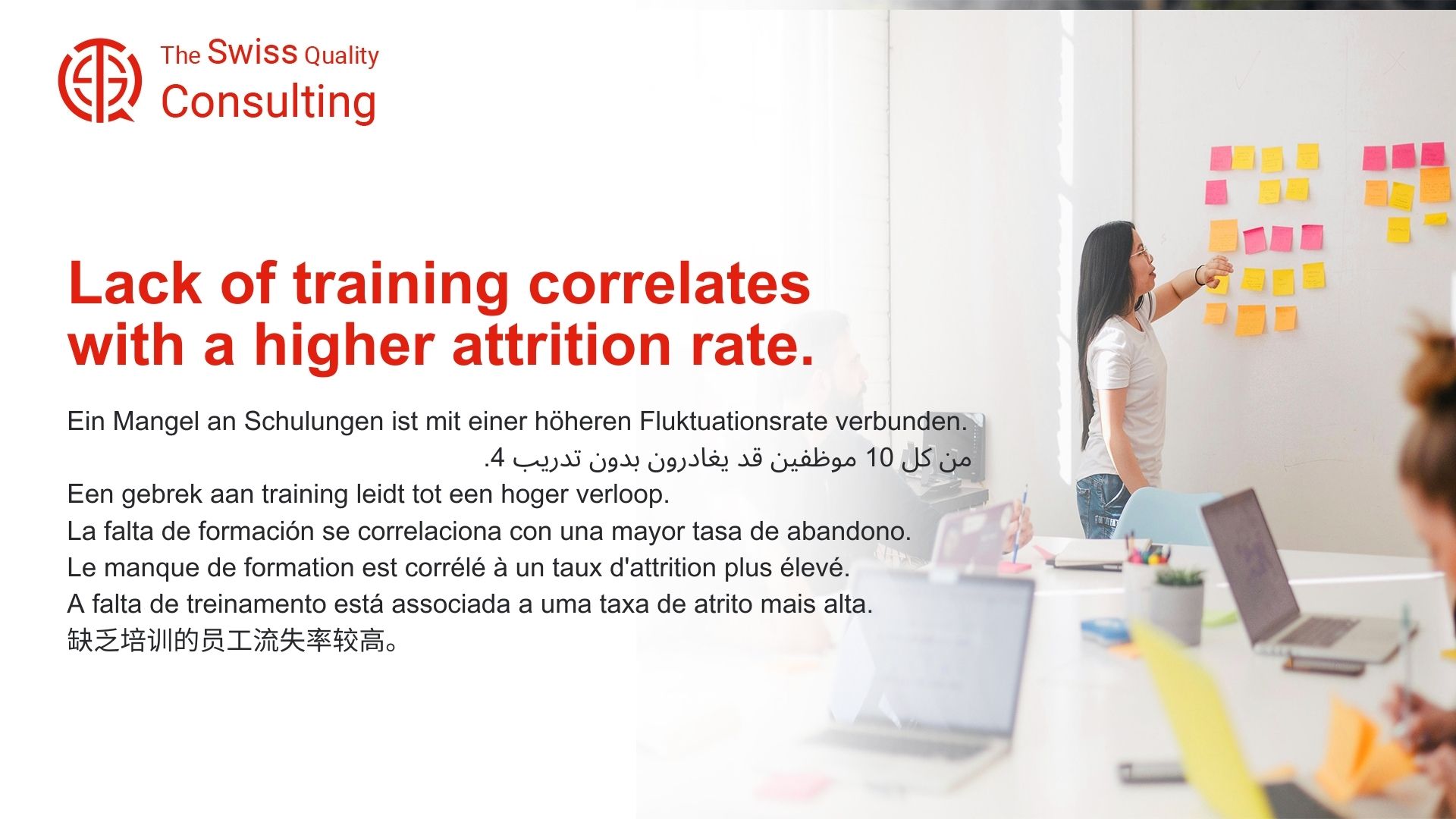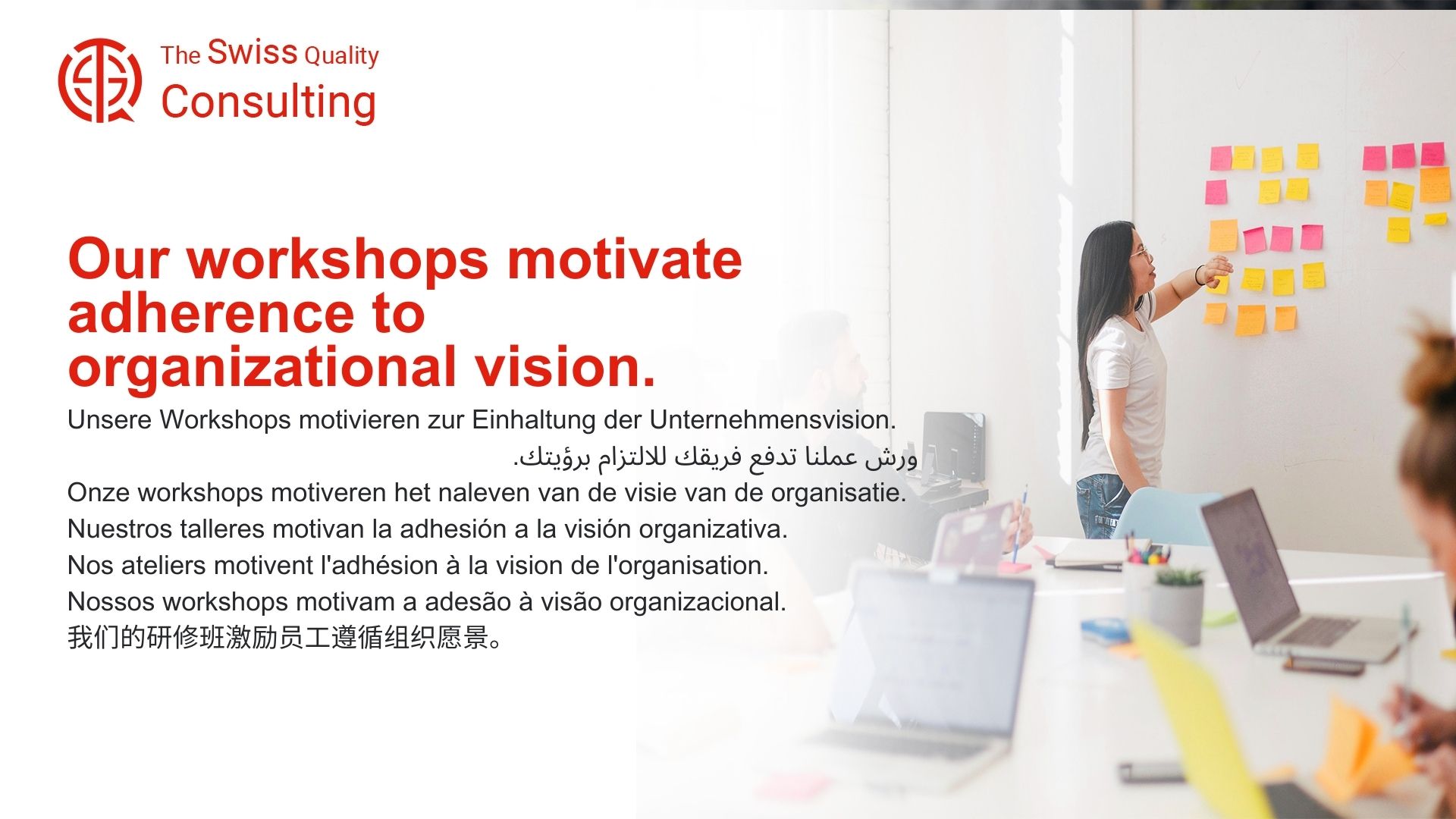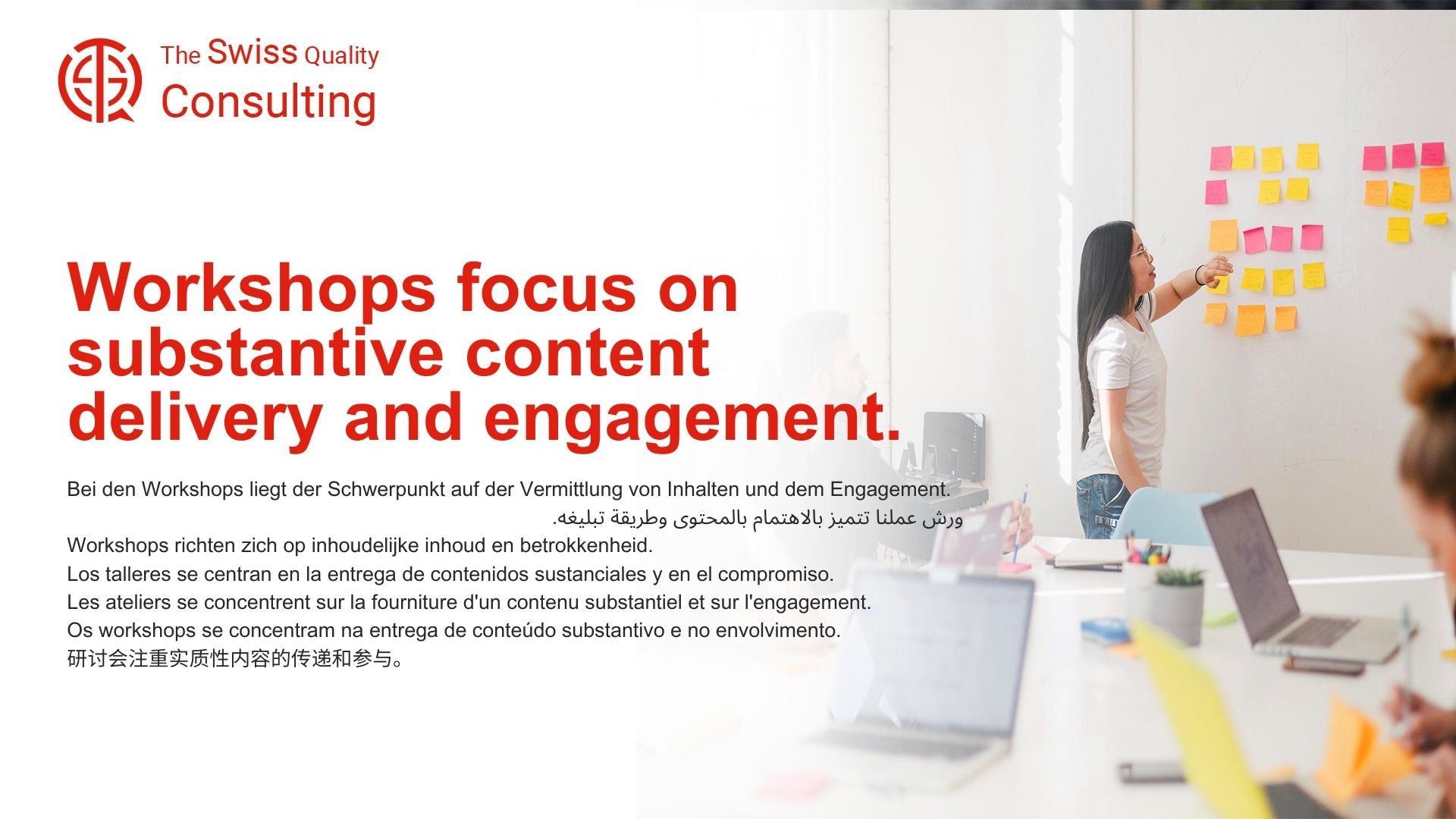Empowering Modern Enterprises Through Flexible Processes
In the dynamic world of business, Champion Business Agility with Adaptive Workflow Templates is key to staying competitive. This article is tailored for business executives, mid-level managers, and entrepreneurs who aim to understand and implement agile methodologies in their operations, particularly through the use of adaptive workflow templates.
The Importance of Agility in Business
The modern business landscape is a dynamic tapestry woven from constant change and unforeseen challenges. To thrive in this environment, organizations must possess unparalleled flexibility and the ability to adapt rapidly to shifting circumstances. Agile methodologies, born from the crucible of software development, have transcended their origins and proven remarkably effective across diverse business functions, revolutionizing not only software development but also project management, operational processes, and the very fabric of how work is organized and conducted.
1. Enhanced Responsiveness and Reduced Time to Market: Agile methodologies break down complex projects into manageable iterations, enabling teams to deliver value quickly and adapt to changing priorities in real-time. This iterative approach significantly reduces time to market, ensuring that businesses can capitalize on fleeting opportunities and respond to evolving customer needs with unprecedented agility.
2. Improved Collaboration and Cross-Functional Synergy: Agile practices foster a culture of open communication, collaboration, and transparency. By breaking down silos and encouraging cross-functional teamwork, organizations can leverage the diverse expertise and perspectives of their workforce, leading to more creative solutions, improved efficiency, and a more holistic approach to problem-solving.
3. Continuous Learning and Iterative Improvement: Agile methodologies emphasize continuous learning and improvement. By embracing experimentation and collecting feedback throughout the development process, teams can identify areas for improvement and refine their approaches iteratively. This constant cycle of learning and adaptation ensures that businesses are always evolving and improving, staying ahead of the curve in the ever-changing market landscape.
4. Enhanced Quality and Optimized Resource Allocation: The iterative nature of agile methodologies allows for continuous quality control and improvement. By focusing on delivering functionality in small increments, teams can identify and address defects early in the development process, minimizing rework and delivering high-quality products and services. Additionally, agile practices encourage efficient resource allocation, ensuring that resources are focused on the most critical tasks and that projects are completed within budget and on time.
5. Increased Employee Engagement and Motivation: Agile work environments provide employees with greater autonomy, ownership, and accountability. This empowers them to take initiative, contribute their unique talents, and make a real impact on the project’s success. This increased sense of purpose and ownership leads to higher levels of engagement, motivation, and overall job satisfaction.
6. Fostering Innovation and a Culture of Adaptability: Agile methodologies encourage a culture of experimentation and risk-taking. By embracing new ideas and learning from failures, organizations can foster innovation and develop creative solutions to complex challenges. This culture of adaptability allows businesses to thrive in volatile environments and seize unexpected opportunities.
7. Building a Foundation for Sustainable Growth: By adopting agile principles across various business functions, organizations can build a foundation for sustainable growth. Agile practices promote efficient resource utilization, continuous improvement, and a focus on delivering value to customers. This creates a flexible and adaptable organization that can navigate market changes, outperform competitors, and achieve long-term success.
8. Embracing the Future of Work: Agile methodologies represent a paradigm shift in how work is organized and executed. By embracing these principles, businesses can unlock unprecedented levels of flexibility, agility, and efficiency. This paves the way for a future of work that is more dynamic, collaborative, and ultimately, more rewarding for both individuals and organizations.
In conclusion, agile methodologies are not just a set of software development practices; they are a catalyst for organizational transformation. By embracing agility across diverse business functions, organizations can unlock a new era of responsiveness, collaboration, and continuous improvement. This transformative journey empowers businesses to navigate the dynamic marketplace with unparalleled agility, achieve sustainable growth, and thrive in the ever-evolving landscape of modern business.
Adapting to Market Changes
Agility in business is not just about speed; it’s about the capacity to adapt to market changes proactively. Adaptive workflow templates are tools that facilitate this flexibility, allowing businesses to modify processes quickly in response to evolving business needs.
Integrating Adaptive Workflow Templates
Adaptive workflow templates serve as a blueprint for processes within an organization. They are designed to be easily modified, offering a structure that supports change rather than hindering it.
Customization and Scalability
These templates allow customization to fit the unique needs of each business. Whether it’s scaling operations up or down, or pivoting strategies, adaptive workflows provide a framework that can grow and evolve with the company.
Executive Coaching for Agile Leadership
For effective implementation, leadership skills are paramount. Executive coaching services play a crucial role in equipping leaders with the mindset and skills required to foster an agile culture. This involves understanding the principles of agile management and how to apply them effectively within their teams and processes.
Effective Communication and Team Collaboration
A critical aspect of agility is effective communication and collaboration within teams. Adaptive workflow templates facilitate this by providing clear guidelines and expectations, fostering a collaborative environment conducive to rapid innovation and problem-solving.
Generative Artificial Intelligence in Enhancing Agility
Generative AI is reshaping how businesses approach agility. By integrating AI into workflow templates, companies can leverage predictive analytics and automated decision-making to enhance their responsiveness to market trends and customer needs.
Staying Ahead with AI-driven Insights
AI-driven insights provide a competitive edge, allowing businesses to anticipate changes and respond strategically. This integration can lead to more informed decision-making and a proactive stance in market positioning.
Conclusion Champion Business Agility with Adaptive Workflow Templates
In conclusion, championing business agility with adaptive workflow templates is essential for businesses aiming to thrive in today’s fast-paced market. By embracing flexible processes and integrating AI, companies can position themselves for success and sustainable growth.
#BusinessAgility, #WorkflowManagement, #AgileBusiness, #AdaptiveTemplates























